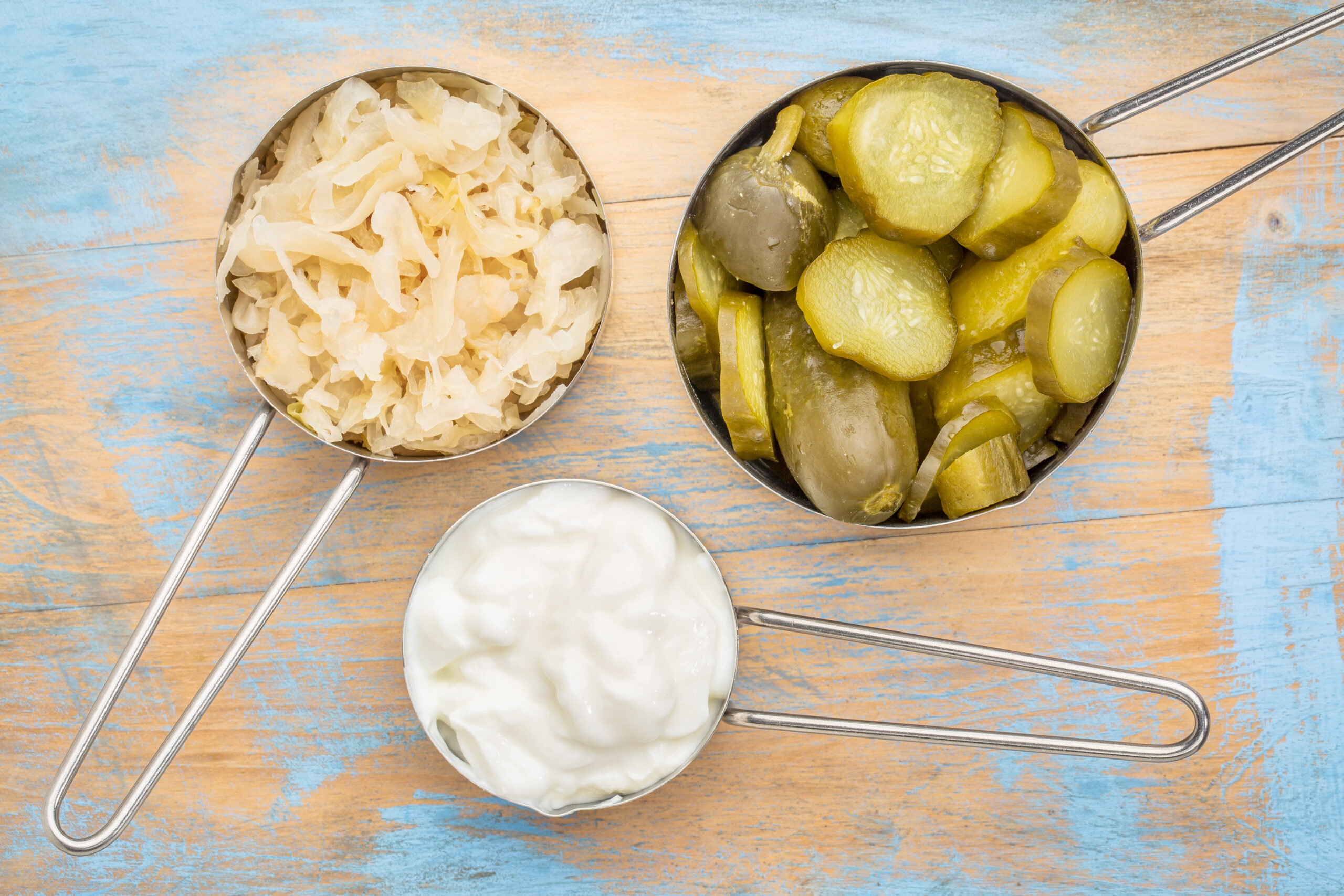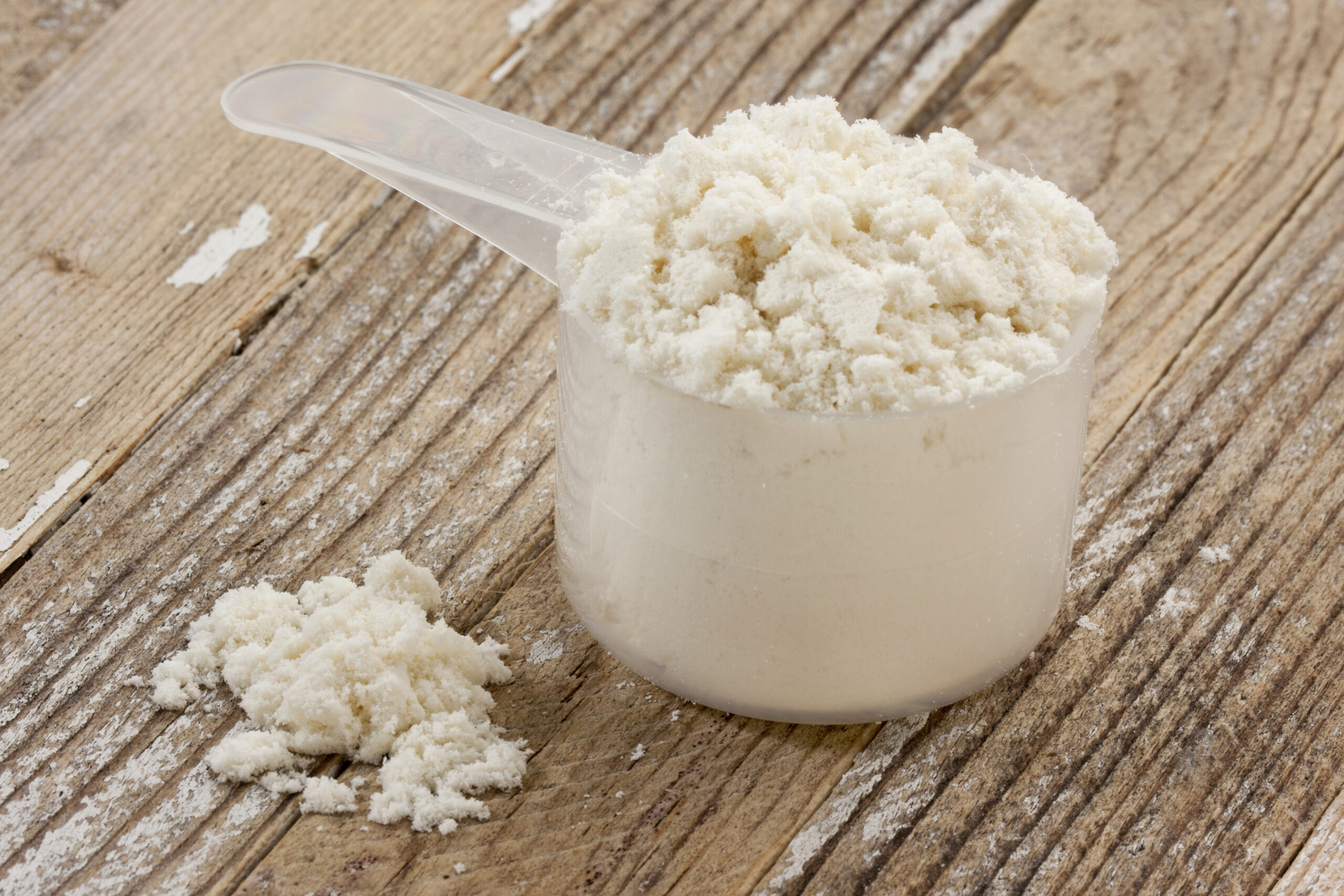Ageing isn’t just about the number of candles on your birthday cake — it’s written in your DNA. Or more accurately, on your DNA.
Deep within every cell, there’s a quiet biological clock ticking away. Scientists call it DNA methylation, and it plays a surprisingly powerful role in how fast (or slow) we age. It influences everything from your energy levels to your skin’s elasticity, your risk of disease, and even how your body responds to stress.
Here’s where it gets exciting: unlike your fixed genetic code, your methylation patterns are malleable. That means they can be shaped (for better or worse) by your daily choices, from the food on your plate to how you manage stress.
Enter the world of adaptogens and epigenetic nutrition, tools that may help you support methylation naturally and promote healthier ageing from the inside out.
In this guide, we’ll explore:
- What DNA methylation actually is and why it’s a game-changer for longevity.
- How to support healthy methylation through lifestyle and nutrition.
- What role, if any, adaptogens play in the process.
- And the small, smart steps you can start taking today to support your body’s natural anti-ageing mechanisms.
This isn’t about hacks or hype. It’s about working with your biology to slow the clock and feel your best for longer.
What Is DNA Methylation and How It Impacts Ageing
DNA methylation is an epigenetic process which means it affects how your genes are expressed without altering the underlying genetic code. It works by attaching tiny chemical tags (methyl groups) to your DNA, acting like dimmer switches that turn genes up or down.
Some methylation is essential: it helps regulate cell repair, immune response, detoxification, and even your brain chemistry. But as we age, our methylation patterns often become unbalanced. Some genes get over-expressed, others under-expressed, and this chaos contributes to everything from wrinkles to cancer.
Research shows that biological age (how old your cells act, not just how old you are) is closely tied to your DNA methylation patterns. In fact, scientists can now estimate biological age using methylation clocks, and some studies suggest that targeted lifestyle changes can actually reverse it.
How to Support DNA Methylation Naturally
You can’t change the genes you were born with, but you can absolutely change how they behave. That’s the beauty of epigenetics. Unlike your fixed DNA sequence, methylation patterns are dynamic and respond to your lifestyle. Every time you eat, move, sleep, or stress out (or calm down), you’re sending chemical signals that shape how your genes are expressed.
So why do things like food, sleep, and stress have such a strong impact on methylation?
- Nutrition provides the actual building blocks, known as methyl donors, like folate, B12, and choline. Without these, your body can’t perform methylation effectively.
- Sleep is when your body performs critical maintenance, including DNA repair and methylation reset. Poor sleep disrupts this process, leading to erratic gene expression.
- Stress floods your body with cortisol, which interferes with enzymes involved in methylation and skews gene regulation toward inflammation and ageing.
- Exercise promotes healthy methylation by improving metabolic function, reducing inflammation, and enhancing cellular turnover.
- Toxin exposure (like smoking, alcohol, and pollutants) can damage DNA and deplete nutrients needed for methylation, accelerating biological ageing.
Key nutrients that support healthy methylation:
- Folate (leafy greens, beans, liver)
- Vitamin B12 (animal products or supplements)
- Choline (eggs, soy, cruciferous vegetables)
- Betaine (beets, quinoa, spinach)
- Zinc (pumpkin seeds, seafood, meat)
Lifestyle factors that matter:
- Sleep – Quality rest helps reset methylation patterns and supports cellular repair.
- Exercise – Regular movement influences gene expression and improves metabolic resilience.
- Stress management – Chronic stress and elevated cortisol levels can disrupt healthy methylation.
- Toxin reduction – Limit alcohol, smoking, and environmental toxins that impair methylation pathways.
And don’t forget gut health. A diverse microbiome supports nutrient absorption and methyl donor availability. Fermented foods, fibre, and probiotics all play a role here.
What Are DNA Adaptogens and Do They Work?
Adaptogens are herbs and natural substances that help the body resist stress and restore balance. While they don’t directly add methyl groups to DNA, they can support the systems that influence methylation, especially stress response and inflammation.
Here’s how adaptogens may indirectly support methylation:
- Lower cortisol – Chronic stress affects methylation; adaptogens like ashwagandha and rhodiola help modulate this.
- Reduce inflammation – Inflammatory cytokines can impair methylation enzymes.
- Antioxidant effects – Compounds like reishi and schisandra reduce oxidative damage that distorts gene expression.
Popular adaptogens to explore:
- Ashwagandha — for nervous system balance and cortisol regulation.
- Rhodiola rosea — for physical and mental endurance.
- Reishi mushroom — for immunity and cellular repair.
- Schisandra berry — for liver support and antioxidant protection.
While research is still emerging, early evidence suggests adaptogens are useful allies in a comprehensive longevity strategy.
Proven Steps to Start Supporting Methylation Today
Small, consistent changes add up. Here’s how to put this into practice:
- Eat for your epigenetics by adding one methylation-friendly food to each meal. Think spinach in your smoothie, eggs at breakfast, or quinoa in your salad.
- Take a high-quality methylated B-complex if your diet is limited or you have a known deficiency.
- Create a calming ritual with adaptogens, for example, try an evening ashwagandha latte or a reishi-infused herbal tea.
- Build a sleep sanctuary with blackout curtains, no screens before bed, and magnesium supplementation.
- Lower stress friction by anchoring stress-reducing habits to daily cues. Meditate after brushing your teeth, or take a breath break before each meal.
These are not extreme overhauls. They’re tiny hinges that swing big doors. And each step helps reinforce the biochemical signals that tell your DNA to age well, not fast.
Ageing Is Inevitable — But How You Age Is Not
You don’t need to fear your genes. You need to understand how to speak their language.
Supporting DNA methylation through smart nutrition, adaptogens, and simple lifestyle habits may be one of the most effective ways to age with energy, resilience, and glow.
Because when you nourish your epigenetics, you don’t just feel younger — your body actually behaves that way.



